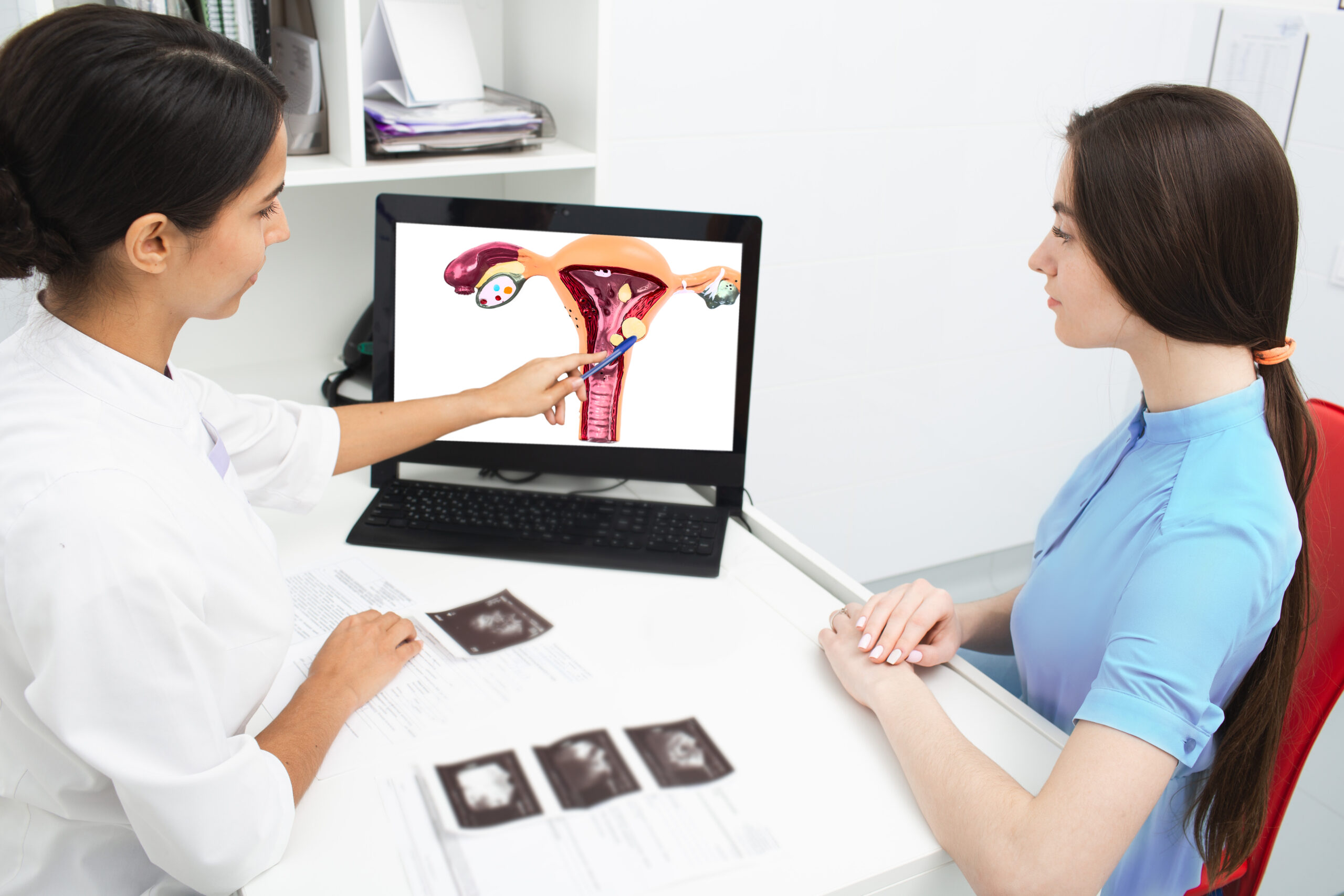What is a Fibroid Doctor?
A fibroid doctor is a specialized medical professional focused on diagnosing and treating uterine fibroids, non-cancerous growths that develop within the muscular wall of the uterus. These doctors are usually gynecologists or interventional radiologists who have undergone extensive training and have significant experience in managing fibroids through various treatment methods.

Training and Experience
Fibroid doctors are highly trained specialists. Their education and training include:
- Medical School: The journey begins with a medical degree, where the foundation of general medical knowledge is built.
- Residency: After medical school, doctors pursue a residency in obstetrics and gynecology or radiology. This stage involves hands-on training and the development of specialized skills in women’s health or medical imaging.
- Fellowship: Many fibroid doctors undertake additional fellowship training in areas such as minimally invasive gynecology, interventional radiology, or reproductive endocrinology. This advanced training focuses on techniques and procedures essential for treating fibroids effectively.
- Continuous Education: The medical field is always evolving, and fibroid doctors stay updated with the latest advancements through continuous education, professional development courses, and conferences.
Focus of a Fibroid Doctor
The primary focus of fibroid doctors is to provide comprehensive care for women suffering from fibroids. Their responsibilities include:
- Diagnosis: Utilizing advanced imaging techniques such as ultrasound, MRI, and CT scans to accurately diagnose fibroids. A precise diagnosis is crucial for planning effective treatment.
- Treatment Options: Offering a range of treatments, from medications and hormonal therapies to minimally invasive procedures and surgical interventions. The choice of treatment depends on factors like the size, location, and number of fibroids, as well as the patient’s symptoms and desire for future fertility.
- Patient Education: Educating patients about fibroids, their symptoms, and the various treatment options available. This empowers women to make informed decisions about their health.
Mission to Help Women
Fibroid doctors are committed to improving the quality of life for women affected by fibroids. Their mission includes:
- Alleviating Symptoms: Providing treatments that reduce pain, heavy menstrual bleeding, and other symptoms associated with fibroids.
- Preserving Fertility: Whenever possible, fibroid doctors aim to offer treatments that preserve reproductive health, allowing women the option to conceive in the future.
- Promoting Overall Health: Addressing the physical and emotional impacts of fibroids. This holistic approach ensures that women receive comprehensive care that enhances their overall well-being.
Uterine Fibroid Embolization (UFE)
One of the advanced treatment options offered by fibroid doctors is Uterine Fibroid Embolization (UFE). UFE is a minimally invasive procedure performed by interventional radiologists to treat fibroids without the need for major surgery.
How UFE is Performed
UFE involves blocking the blood supply to the fibroids, causing them to shrink and eventually die. The procedure is performed in the following steps:
- Preparation: The patient is given a local anesthetic and sedative to ensure comfort.
- Catheter Insertion: A small incision is made in the groin or wrist, and a catheter is inserted into the artery supplying blood to the fibroids.
- Embolization: Tiny particles are injected through the catheter to block the blood flow to the fibroids. This process starves the fibroids of the necessary nutrients, leading to their shrinkage.
- Completion: The catheter is removed, and the incision is closed. The entire procedure typically takes 1-2 hours, and patients can often go home the same day or the next.
Benefits of UFE
- Minimally Invasive: Unlike traditional surgery, UFE does not involve large incisions, resulting in less pain and a quicker recovery.
- Effective: Most women experience significant relief from symptoms, including reduced heavy menstrual bleeding and pain, within a few weeks.
- Preservation of Uterus: UFE preserves the uterus, making it a preferable option for women who wish to maintain their fertility.
Recovery and Aftercare
After UFE, patients may experience mild to moderate pain and cramping, which can be managed with medication. Most women can return to normal activities within a week, although complete recovery may take a few weeks. Regular follow-up appointments are essential to monitor progress and ensure the fibroids are shrinking as expected.
Potential Risks and Complications
Like any medical procedure, UFE carries some risks, including infection, allergic reactions to the contrast dye, and post-embolization syndrome (flu-like symptoms). However, these risks are relatively low compared to surgical options.
Interventional Radiologists
Interventional radiologists are medical doctors who specialize in minimally invasive, targeted treatments. They use their expertise in imaging to guide procedures such as UFE. Their role in treating fibroids is crucial, as they provide effective, less invasive alternatives to traditional surgery.
A Dedicated Specialist
A fibroid doctor is a dedicated specialist who plays a vital role in the diagnosis and treatment of uterine fibroids. Through extensive training and experience, these doctors offer a range of treatment options tailored to each patient’s needs. Their mission is to alleviate symptoms, preserve fertility, and improve the overall health of women suffering from fibroids.
Uterine Fibroid Embolization (UFE) is one of the advanced treatments performed by skilled interventional radiologists, offering a minimally invasive, effective option for managing fibroids. If you are experiencing symptoms of fibroids, consult with a fibroid doctor to explore your treatment options and improve your quality of life.
At Preferred Fibroid and Vascular Center, our fibroid doctors are committed to providing expert care and advanced treatment options like UFE. Contact us today to learn more about how we can help you manage fibroids and enhance your health.
